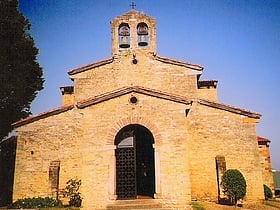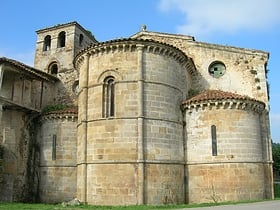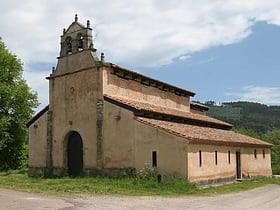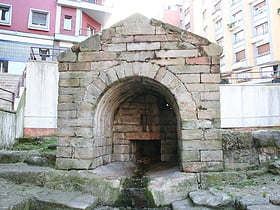Region Asturias
Discover the cities and interesting locations in the region that will enchant you with their rich history, cultural heritage, or picturesque surroundings.
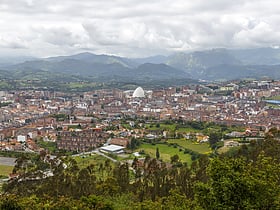
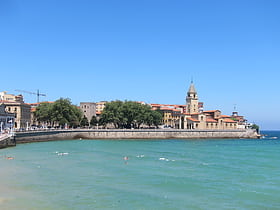
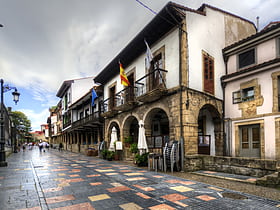
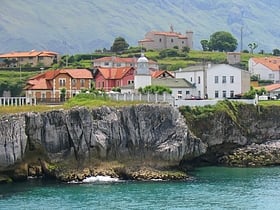
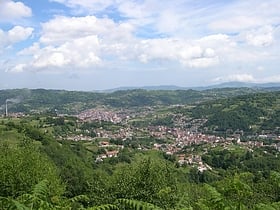
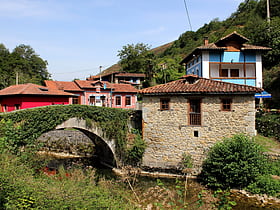
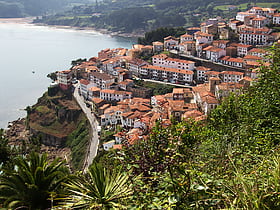
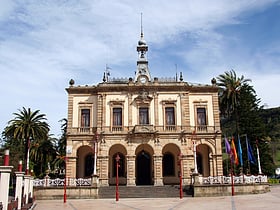
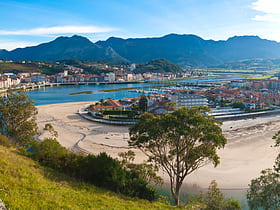


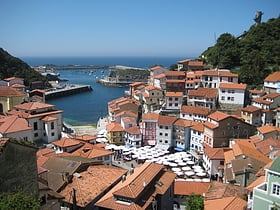
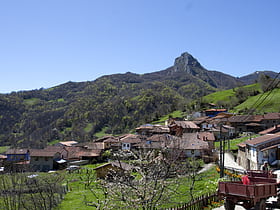
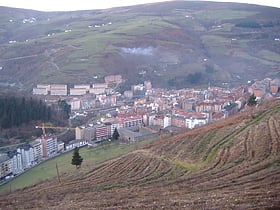
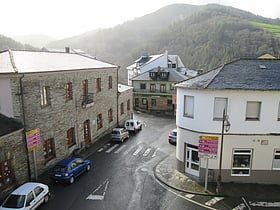
Nestled in the verdant landscapes of northern Spain, the Autonomous Community of Asturias is a gem that offers an array of cultural, historical, and natural attractions. Known for its rugged coastlines, mountainous terrains, and rich cultural heritage, Asturias is a destination that captivates the hearts of travelers seeking a blend of adventure and tradition.
The capital of Asturias, Oviedo, boasts a well-preserved historical center with a notable pre-Romanesque architectural legacy. The Cathedral of San Salvador, a Gothic masterpiece, is the city's crowning glory and a starting point for pilgrims embarking on the Camino de Santiago. Visitors should not miss the chance to explore the UNESCO World Heritage Sites of Santa María del Naranco and San Miguel de Lillo, which stand as testaments to the region's architectural prowess in the Middle Ages.
To the north, the coastal town of Gijón offers a vibrant urban beach scene alongside a rich industrial history. The old fishermen's quarter, Cimavilla, provides a maze of narrow streets leading to the Revillagigedo Palace and the Roman baths. For museum enthusiasts, the Laboral Ciudad de la Cultura and the Evaristo Valle Foundation Museum are cultural landmarks that merit attention.
Asturias is also famed for its natural splendors, with the Picos de Europa National Park serving as a prime example. This stunning mountain range is a paradise for hikers, climbers, and nature lovers, with dramatic gorges like the Cares Route and the serene Lakes of Covadonga. The park is also home to the rare Cantabrian brown bear and the Iberian wolf, making it a critical conservation area.
The region's gastronomy is another compelling draw, with Asturias known as the "Land of Cheese" for its variety of artisanal cheeses, including the pungent Cabrales. Asturian cider, or sidra, is an integral part of the local culture, with traditional cider houses, or sidrerías, offering a taste of this effervescent beverage often poured from a height to aerate it. Hearty stews, such as fabada asturiana, and seafood dishes also define Asturian cuisine.
Asturias' cultural calendar is replete with festivals, including the International Descent of the Sella River, a canoeing event that combines sportsmanship with festivity. The region's Celtic roots are celebrated in the Festival of the Asturian Song, showcasing traditional music and dance.
Must-Visit Places and Tourist Attractions

Preserved church from the 9th century

Small stone church from the 800s CE

 Oscar Niemeyer International Cultural Centre
Oscar Niemeyer International Cultural Centre  Our Lady of Covadonga
Our Lady of Covadonga  Lakes of Covadonga
Lakes of Covadonga Pair of lakes in a picturesque setting
 Lake Enol
Lake Enol  Oviedo Cathedral
Oviedo Cathedral  Museo del Jurásico de Asturias
Museo del Jurásico de Asturias  Balsera Palace
Balsera Palace  Lake Ercina
Lake Ercina  Estadio Carlos Tartiere
Estadio Carlos Tartiere  Museo del Ferrocarril de Asturias
Museo del Ferrocarril de Asturias 
 Museo Arqueológico de Asturias
Museo Arqueológico de Asturias  Camposagrado Palace
Camposagrado Palace  Basílica de Santa María la Real de Covadonga
Basílica de Santa María la Real de Covadonga 
 Ferrera Palace
Ferrera Palace  Naranjo de Bulnes
Naranjo de Bulnes Landmark destination for climbers
